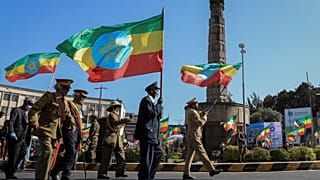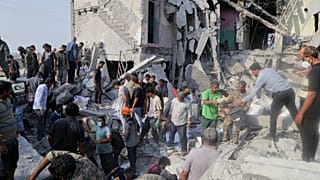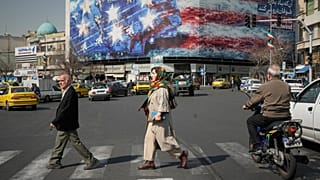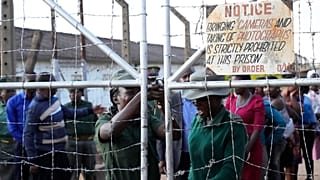Iran
As tensions grow between Iran and the United Nations nuclear watchdog, Tehran says it cannot allow IAEA inspectors to visit nuclear sites bombed by the United States and Israel during the recent war.
"How can they expect us to ensure the safety and security of the agency's inspectors when Iran's peaceful nuclear facilities were attacked a few days ago," said foreign ministry spokesperson, Esmail Baghaei.
He also condemned Donald Trump's remarks in which the US president said Iran’s Supreme Leader Ayatollah Ali Khamenei should be grateful that he did not order his assassination.
"Such worthless and insulting remarks, are 100 per cent and absolutely rejected and condemned, hurting the feelings of millions of Iranians and Muslims both inside and outside Iran,” said Baghaei.
He added they Trump’s comments would “result in nothing but an increase in hatred and disgust toward US policies regarding the region and Muslims".
Trump on Friday said that he expects Iran to open itself to international inspection to verify that it does not restart its nuclear programme.
Iran has threatened to halt cooperation with the IAEA, which Tehran blames for providing a justification for Israel's bombing campaign.
It began a day after the agency’s board voted to declare Iran in violation of obligations under the Nuclear Non-Proliferation Treaty.
Israel relentlessly attacked Iran from 13 June, targeting its nuclear sites, defence systems, high-ranking military officials, and atomic scientists.
In 12 days of strikes, Israel said that it killed around 30 Iranian commanders and 11 nuclear scientists, while hitting eight nuclear-related facilities and more than 720 military infrastructure sites.
More than 1,000 people were killed, including at least 417 civilians, according to the Washington-based Human Rights Activists group.
Iran retaliated with barrages of missiles on Israeli military sites, infrastructure, and cities, killing 28 people.
The US stepped in on Sunday 22 June, hitting three of Iran’s nuclear sites with bunker busters dropped by B-2 bombers — explosives designed to penetrate deep into the ground to damage the heavily fortified targets.
On Monday, Iran fired missiles at a US base in Qatar in retaliation, but caused no known casualties.











01:13
UN Nuclear Watchdog convenes amid Middle East tensions
00:17
US-Iran conflict will have 'serious implications' for Africa, African Union warns
01:24
Dubai shaken by Iranian airstrikes in retaliation for US, Israel attacks
01:30
Cape Town Shia Muslim association mourns Ayatollah Ali Khamenei
01:10
Oil prices surge, Asian stocks fall over Iran conflict
00:57
Tensions escalate as ships attacked in the Strait of Hormuz